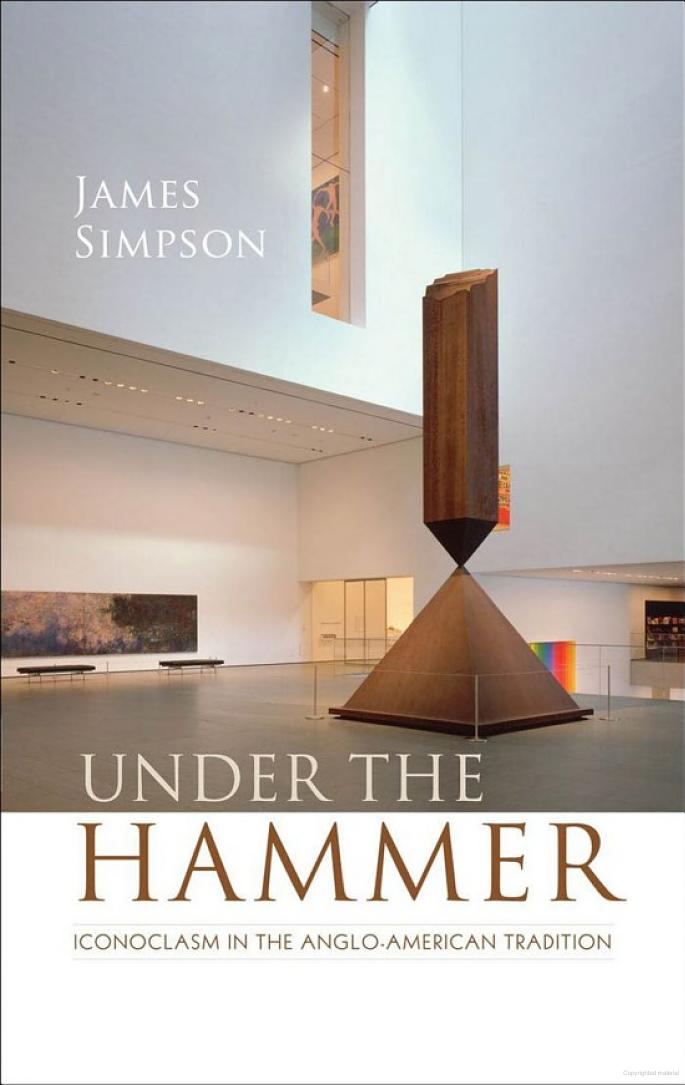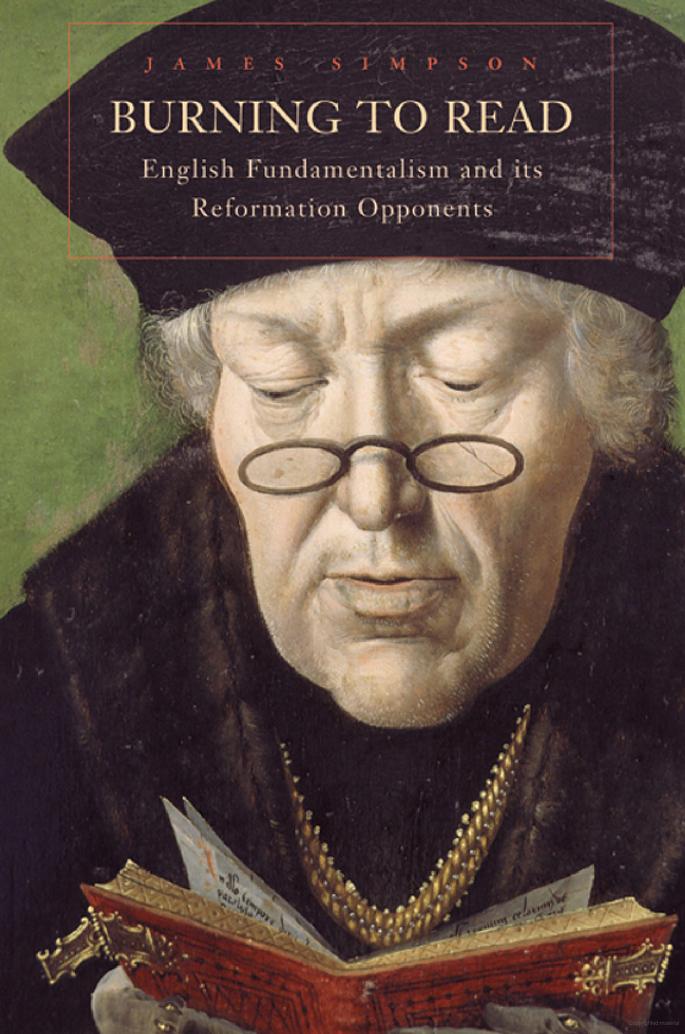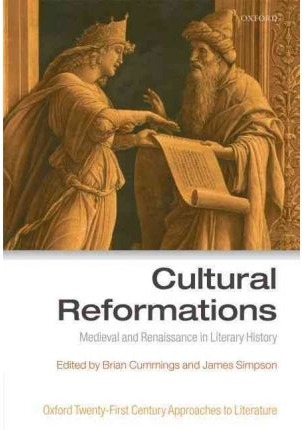James Simpson
Donald P. and Katherine B. Loker Professor of English
Barker Center | 12 Quincy Street | Cambridge, MA 02138
Copyright © 2024 The President and Fellows of Harvard College | Accessibility | Digital Accessibility | Report Copyright Infringement









